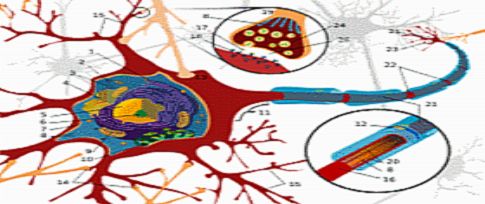|
|
 |
Essential People Skills for a Laboratory Manager
While managers in any setting and environment are expected to have a competent level of people skills, those working in laboratory settings need a much more refined sense of communication. Laboratory environments often lead to group work, so managers need to control and maintain working order and productivity while encouraging personal development. Willingness to Listen While laboratory managers should be able to handle on-the-spot decisions and quick resolutions, knowing when to listen to others can also be a big asset. This is because experts working at a lab are more likely in charge of very different structures and research, and collaboration is key to help things run smoothly and make the process become a cohesive unit. Being able to listen to what employees are saying is also key to maintaining a well-motivated staff that can work independently while following directions. Finally, willingness to listen can help bring conflicts to the surface so they can be assessed and hopefully resolved. Ability to Orient People A laboratory manager needs to act as a leader and be able to make decisions regarding practical procedures and operation standards that may not be popular or even understood by the staff. At the same time, he should be able to help employees understand their strengths and weaknesses, so they're able to deal with issues as they arise during the day-to-day inner workings of the lab. A good manager also understands that growth and continuing education are essential to keeping the staff focused, which is why he encourages workers to keep abreast of technological and scientific developments by subscribing to pertinent publications or attending lectures or workshops. Ability to Communicate Properly A good lab manager needs to clearly communicate directions and guidelines. She should be able to plan, set and evaluate goals and objectives and make sure that all workers understand their place in the scheme. When one worker is not meeting his expected quality assurance initiatives or when overall goals are not being achieved, a manager should speak up assertively about what needs to be changed and then propose solutions on how that can be achieved. Asking for feedback and being willing to listen are also part of good communication and may be the key to things running more smoothly. Because of the complexity of tests and the risk for mistakes when monitoring programs and verifying accuracy of compound research, managers are expected to be highly qualified and able to educate workers using simplified vocabulary. Reference Imperative skills for today's lab manager
|
Website Maintained By L VISHNU PRASAD ,Chennai ,India.

